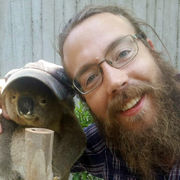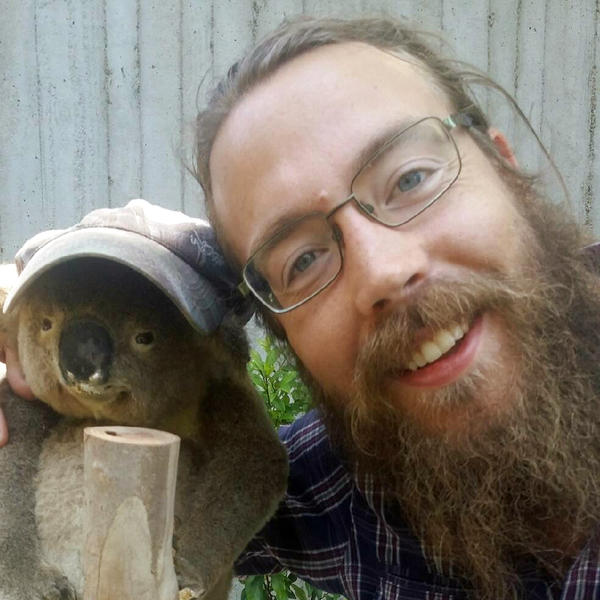Dr Thomas Guillerme
School of Biosciences
NERC Indepedent Research Fellow


Full contact details
School of Biosciences
Alfred Denny Building
Western Bank
Sheffield
S10 2TN
- Research interests
-
I'm interested in evolutionary biology at a large scale: the stories behind the history of life and the methodologies with which it is investigated. By combining classical methods such as descriptive palaeontology with modern bioinformatics tools and mathematical modeling, I work on understanding how to use morphology in evolutionary biology: from phylogenetic theory to macroevolution and macroecology.
- Traits diversity (disparity!) through time and space:
There has been a recent an exciting shift in ecology and evolution to focus work more on species traits rather than the raw species numbers. Looking at species traits allows to better understand how species interact with each other and how they are affected by environmental changes whether these are the current anthropogenic ones or biotic and abiotic changes in the deep past. To do that, researchers have been working on concepts such as traits dissimilarity in ecology and traits disparity in palaeontology (which I would argue are the same). I am interested in how to bridge the gap between these two concepts and how using them on modern and fossil data can tell us on the state of biodiversity through time and space.
- Morphological characters in phylogenetics:
To study biodiversity changes in deep time (and in the present!) we need to link fossil and living species in the same phylogenies. Our understanding of molecular evolution has remarkably enhanced in the last two decades leading to excellent knowledge in both the mechanisms underlying DNA evolution as well as the software implementations to compute it efficiently. Unfortunately, our understanding of more complex morphological character evolution is still lacking and require both theoretical and practical improvements. I am working on how to link these two methods and I am really interested in the challenges that comes with it.
- Macroecology:
Although a lot of my work focuses on macroevolution, I am also working actively on using the methods I develop to answer macroecological quesitions. By focusing on traits rather than number of species we can answer a lot of very specific questions in macroecology and see and understand more generally how species interact with their environment.
